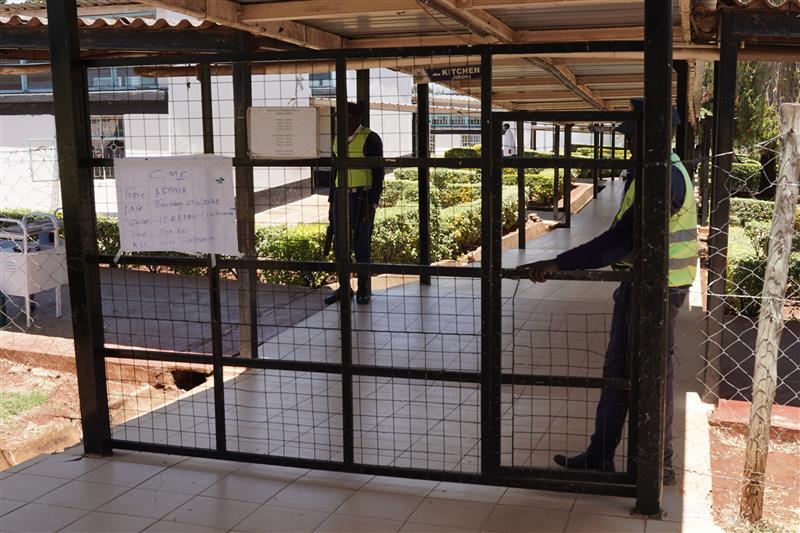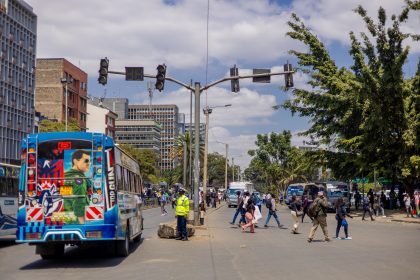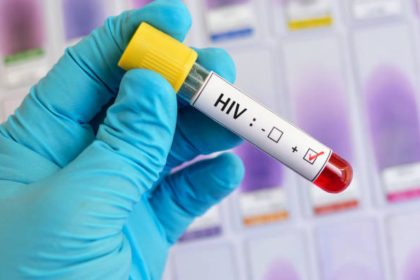Whether it delivers a lifeline or locks out professionals, the bill may soon redefine what safety means in Kenya’s hospitals.
Kenya’s proposed Quality Healthcare and Patient Safety Bill, 2025, aims to transform the country’s healthcare system by tightening oversight, raising standards, and centralising regulatory authority under a newly proposed body, the Quality Healthcare and Patient Safety Authority (QHPSA).
Approved by President William Ruto’s Cabinet as part of the Universal Health Coverage reforms, the bill would grant the QHPSA sweeping powers to license, accredit, and regulate health facilities and professionals across the country, both public and private.
The bill proposes a complete regulatory reset for Kenya’s health sector, promising to enforce national safety standards, ensure accountability, and expand protections for patients.
“It reaffirms Bottom-Up Economic Transformation Agenda (BETA) priorities and positions Kenya as a continental leader in quality healthcare,” said Health Cabinet Secretary Aden Duale.
What the Bill Seeks to Solve
Supporters argue the bill addresses long-standing failures that have cost lives, worsened inequality, and eroded trust in Kenya’s health system. It proposes the following reforms:
1. Cracking down on unlicensed facilities
In 2023, a woman in Kayole died while giving birth in a backroom clinic run by an unlicensed practitioner.
Bill solution: QHPSA would license and accredit all health facilities and enforce compliance with closure and prosecution of rogue operators.
2. Punishing medical negligence
A patient in Kisii lost her sight after a botched cataract surgery — the provider faced no consequences.
Bill solution: Introduces penalties of up to Ksh50 million and 10-year jail terms for substandard or negligent care.
3. Enforcing hygiene and infection control
In Baringo, an outbreak of sepsis in a maternity unit was linked to poor sterilisation and lack of water.
Bill solution: National hygiene protocols would be mandatory, with QHPSA monitoring sanitation standards in all facilities.
4. Addressing infrastructure gaps
At Nyamira County Referral Hospital, some patients were treated in makeshift tents due to a shortage of beds.
Bill solution: Facilities would be required to meet infrastructure benchmarks, including equipment, layout, and utilities.
5. Solving understaffing in rural areas
A dispensary in Tiaty operated with only one nurse for 200 patients daily.
Bill solution: Enforces minimum staffing levels and ratios to improve workloads and service delivery.
6. Regulating emerging medical fields
In Nairobi, a woman died from a botched liposuction at an unregulated “aesthetic clinic.”
Bill solution: The QHPSA would regulate medical aesthetics and related fields under the same safety protocols as hospitals.
7. Standardising regulation across the system
In Meru, a fatal medication error led to jurisdictional delays between the pharmacy and medical boards.
Bill solution: A unified authority would streamline licensing, compliance, and disciplinary decisions.
8. Regulating digital health platforms
Patients in Eldoret reported misdiagnoses from an unregulated mobile health app.
Bill solution: The bill would bring telemedicine and digital diagnostics under formal oversight.
9. Speeding up resolution of health disputes
A Kakamega family waited three years for the resolution of a surgical malpractice complaint in court.
Bill solution: Creates a Healthcare Tribunal to handle such cases more efficiently and affordably.
Key Provisions of the Bill
- Mandatory compliance with national quality and safety standards
- Centralised oversight of licensing, accreditation, and monitoring
- Regulation of emerging health fields like medical aesthetics and telehealth
- Creation of a Healthcare Tribunal to resolve professional and patient disputes
- Emergency Medical Treatment Fund to cover urgent care costs
- Universal Social Health Insurance linked to quality assurance
Public participation forums have been held in counties nationwide, with residents among those giving input on the proposed law. The bill has since been revised and returned to Parliament for further debate.
Supporters say Kenya’s fragmented health system urgently needs a central body to enforce unified standards and close loopholes that allow dangerous practices to persist. From rural dispensaries to urban surgical centres, the QHPSA would ensure that every patient is protected by the same safety net. “This is a major step in transforming Kenya’s health sector,” added CS Duale.
As the country awaits Parliament’s next move, millions of Kenyans continue to seek care in a system struggling with inequities, outdated infrastructure, and weak enforcement.
Whether it delivers a lifeline or locks out professionals, the bill may soon redefine what safety means in Kenya’s hospitals.






















